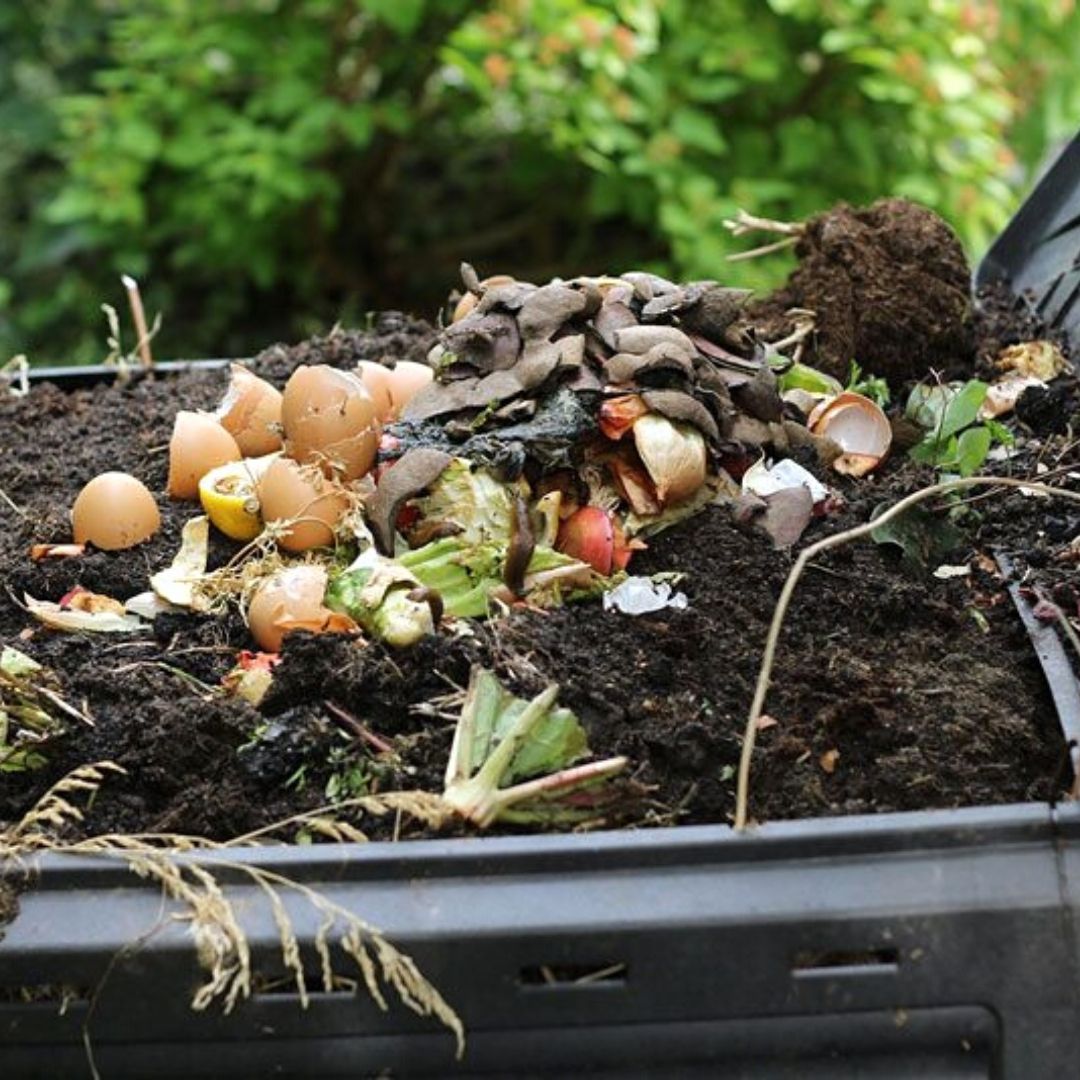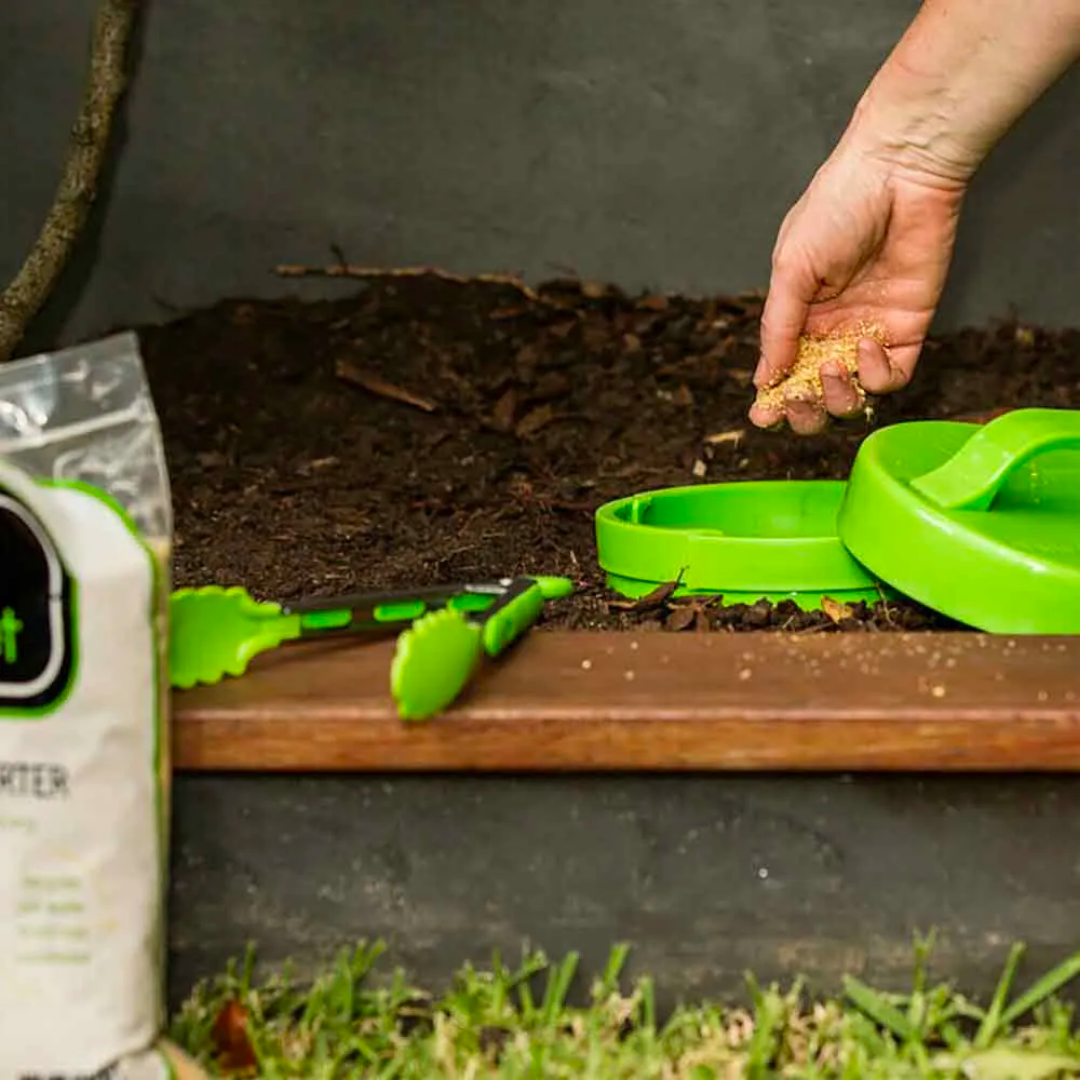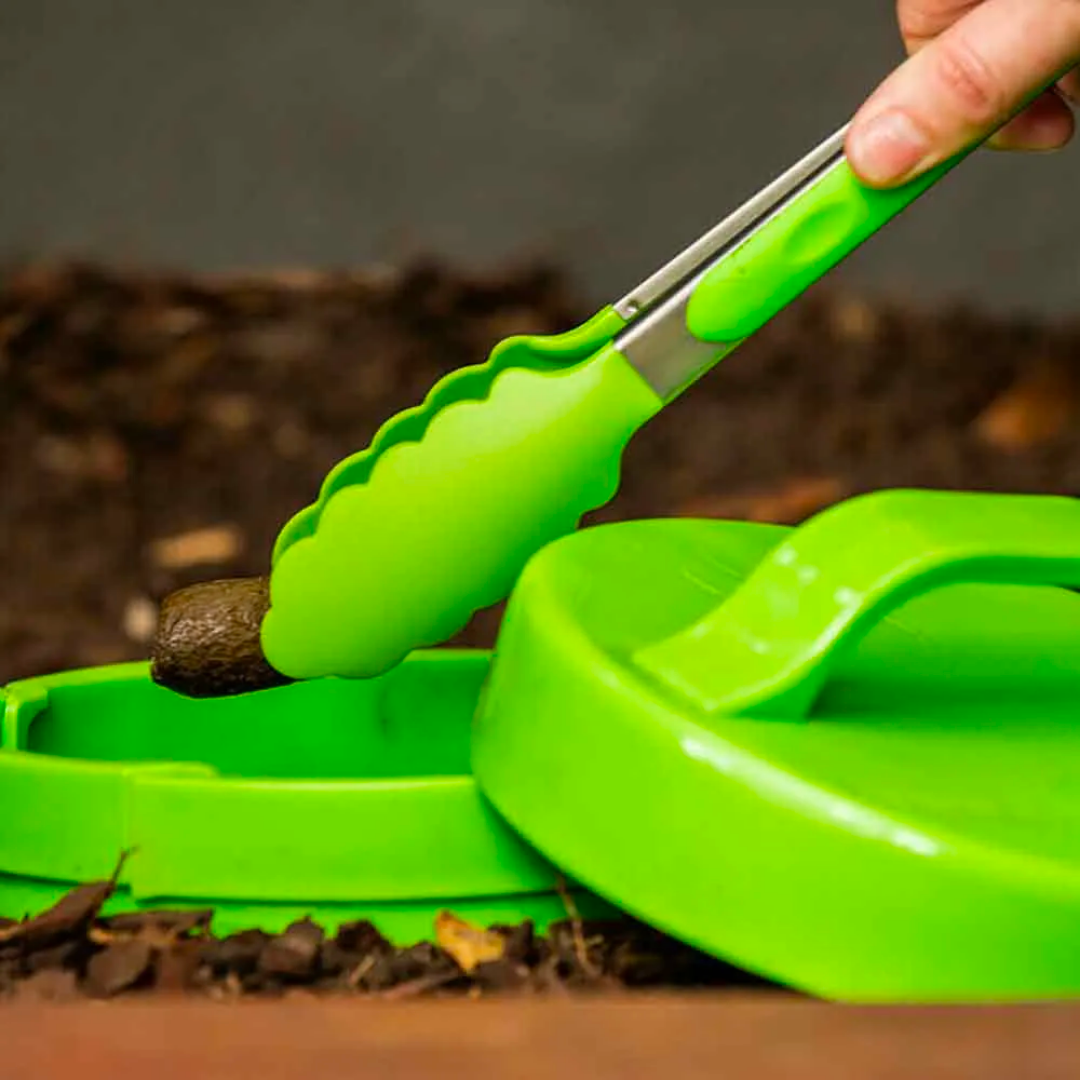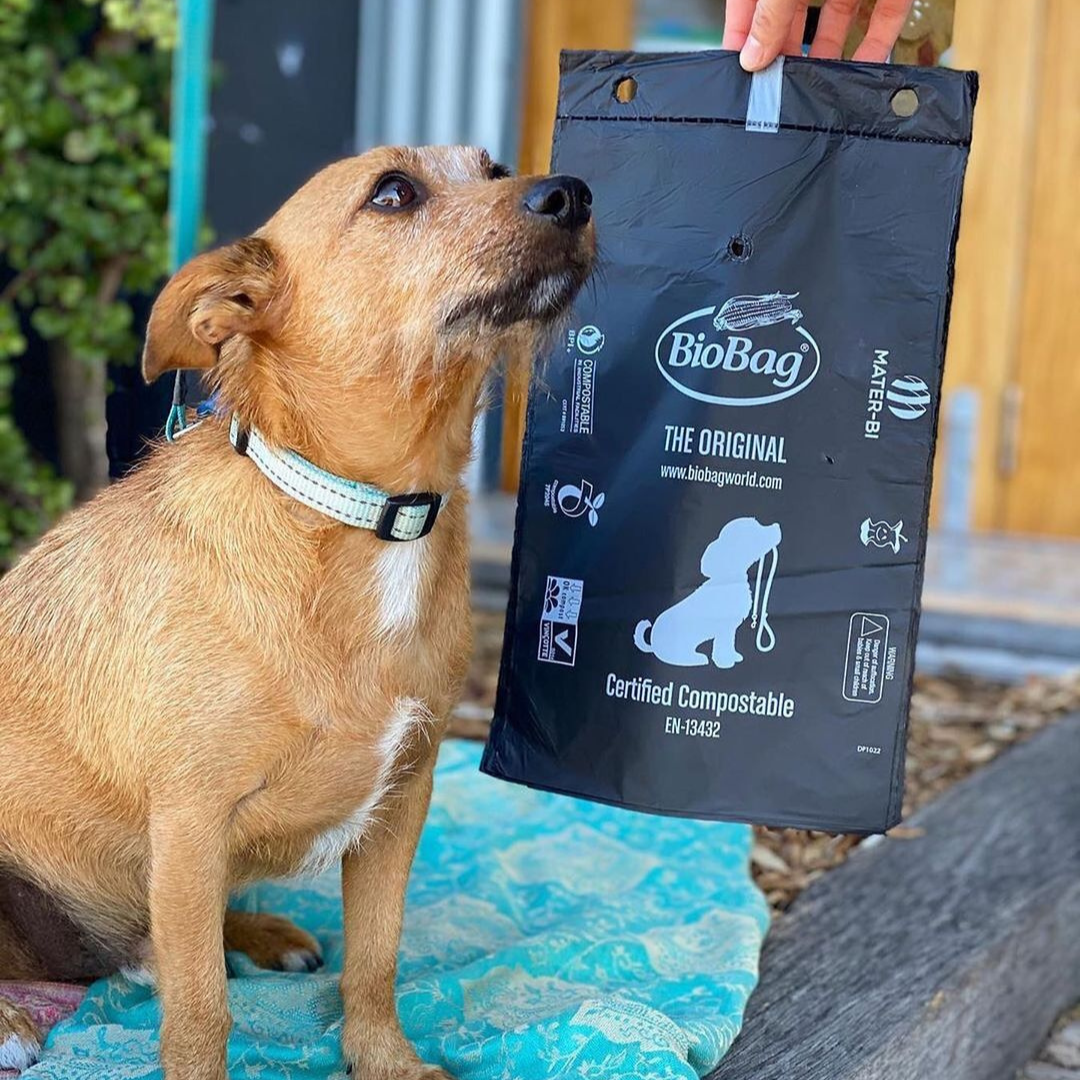According to the RSPCA’s website there are an estimated 4.2 million dogs in Australia. If each of those dogs was walked once a day and their owner picked up after them with a bag, that would be over 1.5 billion bags used every year in Australia alone!
It doesn’t make sense to put pet waste into plastic bags that take hundreds of years to break down, or degradable bags that leave microplastics behind. Compostable BioBags can be composted along with pet waste and will break down in your garden at home with no toxic residues.
Recycling pet waste can help to nourish soil which needs certain nutrients to be fertile. Fact: It takes 2,000 years to create 10cm of fertile soil.


Image: Canva
Can Pet Waste Go Into Household Compost?
Pet waste contain parasites so it can’t go into your home compost with food scraps because using it on your garden, especially to grow food, may pose health risks.
Some local councils with food organics garden organics (FOGO) bins however, accept pet waste in Compostable BioBags to keep bins clean and minimise odours.
How Do You Recycle Pet Waste At Home?
If you don’t have a FOGO bin, you can still compost your pet’s waste at home, just not in your usual household worm farm or compost bin. Keep it separate and far away from the food composting area. Here’s how:
- Get a large bucket with a handle at the top and cut a hole in the bottom.
- Drill holes all around the side of the bucket too so it is peppered with holes. This allows worms in and out and compost out ito the garden.
- Choose a spot in your garden under a tree or shrub so it benefits from the nutrients. Some sun will help to warm the compost. Keep it away from your food composting area.
- Bury the bucket with the sealed lid above the ground a few inches.
How Do You Recycle Pet Waste At Home? (Continued)...
- Add carbon in the form of newspaper, toilet rolls or sawdust and aim for 1 part carbon to 2 parts pet manure. Carbon helps break down nitrogen-rich manure.
- If you have worms in your home compost you can add those in. This really depends on how you feel about adding worms in; they will find their way there naturally anyway.
- Now start adding your dog poo.
- Every now and again add a layer of dirt wet it down and a sprinkle of active enzymes which speed up the process of breaking down the poo. We use Urban Composter's Accelerator as it is vegan; Bokashi isn't so we don't use that.
- Note: If you give your dog worming tablets, wait a couple of weeks before putting the waste in your toilet.
- We have Bokashi EnsoPet Composting Units at F&F and these are the perfect pet toilet for at home, already made up.
Why Is A BioBag Better Than A Plastic Or Degradable Bag?
BioBags are made from compostable polymers that leave no toxic residues behind, says BioBag World Australia Director Scott Morton.
“Diverting plastic from landfill and the marine environment is our number one goal. No plastic should be disposed of to landfill because it’s a waste of a valuable resource. Most of us are aware that plastic bags, including degradable and some ‘biodegradable’ bags, leave microplastic pollution behind. Every piece of plastic ever created is still somewhere, unless it’s been burnt.”
“A BioBag doesn’t need to be heated to high temperatures to break down. If it doesn’t make it into a compost bin or organics bin, a BioBag will still break down anywhere there is micro-organisms and oxygen, whereas plastic will live on and enter the eco-system for hundreds of years,” Scott said.
We hope you picked up some helpful tips on how to dispose your pet's waste more eco-friendly!
You can shop BioBags and Bokashi here at Flora & Fauna.
For more tips around looking after you furry friends, make sure head to our Pet category and check out the blogs below:




